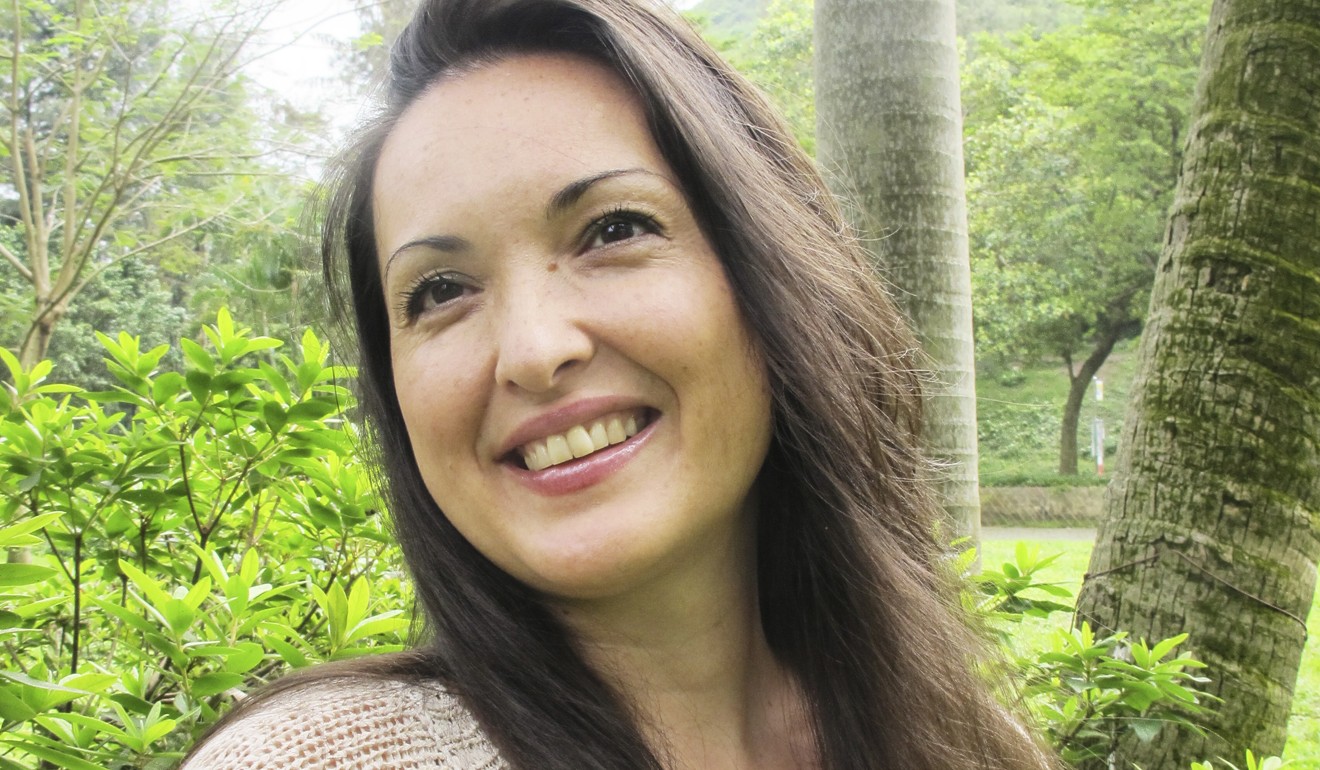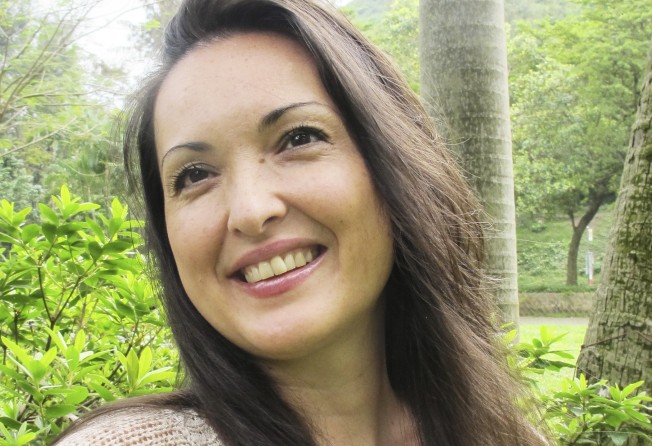
Lessons in love: how a Hong Kong marriage school can teach couples to live happily ever after
As divorce rates accelerate in Asia, the founder of a Hong Kong school teaching the secrets to a successful marriage tells us the key to wedded bliss lies in the first three years, when conflicts must be resolved before it’s too late

Patricia Graff and her sister enjoyed a happy childhood in France, where their French father and Japanese mother ran a bakery. “I grew up in sweetness,” she says.
But out of the blue, when her parents were in their sixties, her father decided to file for divorce.
“For me it was a big shock and devastating for everyone in the family. We lost a huge part of our legacy at every level. I saw how you can destroy very quickly something you’ve built for decades,” says Graff, who studied law but was working for a Japanese advertising and public relations company in Paris at the time.
Graff’s Chinese boyfriend of 10 years got a banking job in Hong Kong, but she stayed on in France with her mother, helping her move to Paris and adapt to a new life.
“For my mother it was really hard. She lost everything, she couldn’t see how her life could be or how to take care of herself,” says Graff, who now teaches couples how to be happy in marriage.

With hindsight, and after professional coaching courses, Graff now knows she wasn’t prepared for marriage. Where did she go wrong?
“At every level,” she says. “The biggest was expectations – ‘I came here for you, you have to help me in my career, build my new identity, make new friends.’ I didn’t say those words, but that was my frustration.”
Graff was well educated, independent and had enjoyed a successful working life, but she hadn’t prepared to shift her career. Every morning her husband went to the bank and worked long hours and she was left feeling lonely. Her experience, she says, is that of many expat women in Hong Kong.
“I lost my confidence. He didn’t understand – he would gladly be in my shoes. He thinks you’re on an eternal holiday. I felt really isolated and didn’t know what to do next,” says Graff.

“That was a turning point for me. I felt liberated because if something so impossible was possible, then anything was possible,” she says.
They say, ‘all you need is love’, but that’s not true. Marriage takes a lot of work
She was so impressed she signed up for a full programme with Robbins and returned to Hong Kong on a high to begin working in business development at a law firm. There, she noticed that although the lawyers working in family law were well equipped to handle the legal affairs of their clients, for all other aspects – career concerns, financial worries, emotional wellness – they just had a box of tissues.
“People [going through divorce] don’t want to go to counselling because they don’t feel sick, but at the same time they don’t know where else to go. I saw a gap in the whole marriage institution,” says Graff.
So she got certified as a divorce coach and in 2014 set up The School of Marriage Education. Her first client was an expat woman who was thinking about divorce, but unsure of her options.
“A lot of expat women, when the idea of divorce pops into their head, they don’t know how to have the discussion [with their husband] so they usually wait two or three years and it piles up. Either they stay miserable in their marriage, think about divorce or pressure their husband to go back to their own country with the kids,” says Graff.

Hong Kong has a very low divorce rate compared with most countries, but according to the Hong Kong Census and Statistics Department, the number of divorces was at 3.1 per 1,000 population in 2013, nearly three times higher than in 1991.
After several years in the counselling business, Graff – who is still married 10 years on – believes the best way to slow the divorce rate is to shift her focus to marriage education, beginning as early as possible with newlyweds.
“The first three years are really crucial, they are the best time to make things good. Many couples make the mistake of waiting until they have serious conflicts before they seek help,” she says.
This month she will announce details on her website of the first of her marriage retreats for couples, to be held in August at a luxury resort somewhere in Asia. The five-day programme will involve teaching in the morning, leaving the afternoon free for activities and relaxation.
“They say, ‘all you need is love’, but that’s not true. Marriage takes a lot of work,” she says.
In addition to communication and conflict resolution skills, couples will also learn to articulate and share their goals and visions for the future as well as how to handle some of the “big firsts” that crop up in the first years of marriage. The first of the “big firsts” is usually the birth of the first child, followed by the first big expense, such as a property or car, and then the loss of a job.
“Buying a house can be a trigger – there may be a power struggle because she wants the house and he doesn’t. And the loss of a job can be a trigger if you are not prepared for it, it can bring up fears, rough times,” she says.
Talking through these “big firsts” and how to handle them, particularly when couples come from different cultures, can smooth the way for when they do actually happen.

“If they do not get that, then the woman will cherish the man and the man will respect the woman, but that’s not what they need,” she says.
Graff intends to focus on newlyweds in Asia, particularly the wealthy who are prepped for success in every sphere except marriage.
“It’s amazing how many boot camps and summer training sessions there are to explain things, but there is never anything about marriage. I can bring this knowledge – it’s simple, but if no one tells you, you don’t know,” she says.
Graff also caters for those who are getting married for the second time and are keen to make sure the marriage gets off to a good start and they don’t repeat the same mistakes again. She says she has a private session booked with a man who wants to discuss what happened in his first marriage and what he wants for the next one, to a much younger woman.
“I will see her separately. She has to have a clear vision of what she wants because I’m not sure he wants kids and my intuition tells me he wants me to facilitate the discussion,” she says.
Marriage education is quite a developed market in the US and it’s moving into Europe, but it’s still very new to Asia.
“Marriage education isn’t about fixing people, it’s about educating people, providing knowledge,” says Graff.